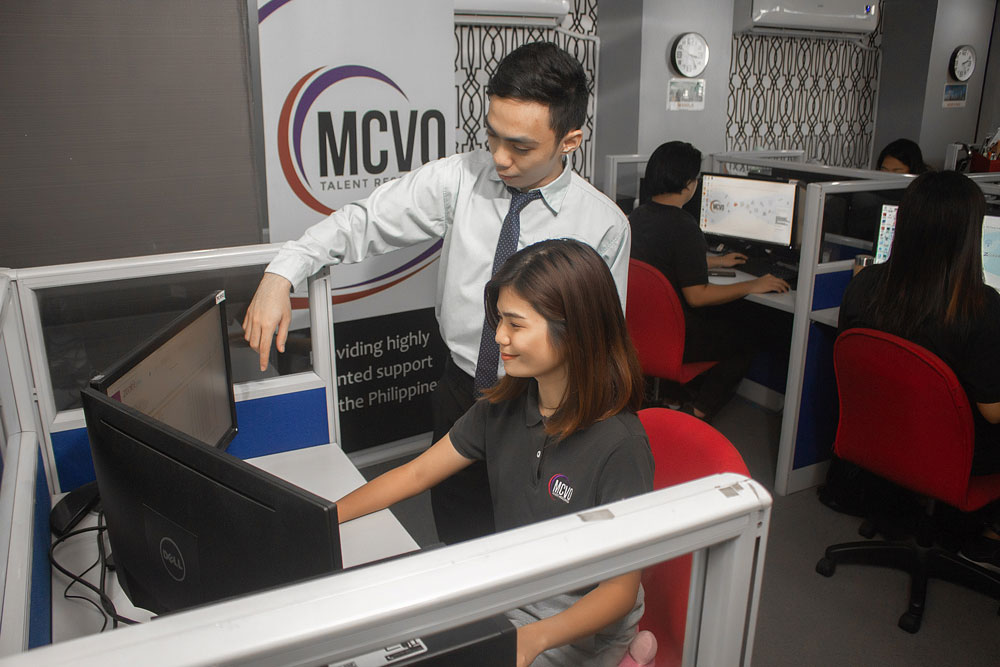Developments in technology, evolving demographics, and changing consumer preferences have contributed to the transformation of the workforce over the last few years. In a previous feature, we talked about outsourcing cybersecurity to keep up with the times, as companies carry on with the hybrid work arrangement. But the future of work warrants a more holistic understanding to understand where outsourcing companies stand in the bigger picture.
Moreover, understanding its driving forces will reveal that the workforce transformation did not happen because of the pandemic. It merely accelerated it. In fact, Deloitte already recognized these driving forces as early as 2018.
- Technology. We can spend all day listing down groundbreaking technological developments that contribute to this transformation, but that simply wouldn’t be enough. What’s important is to understand its most significant effect. Advancements like AI reduced silos among teams, especially in big companies, and fostered collaboration.
- Demographics. Companies enjoy the benefit of working with a diverse talent pool because the workforce is aging and has become more educated. Unlike before, the modern workforce sees this as an opportunity instead of a burden. Companies leverage this expansion by crafting roles to accommodate the aging population. Gone are the days when older workers were tagged as technophobes. They also serve as coaches and mentors to younger workers, enriching the latter’s energy and idealism with experience and perspective.
- Consumer preferences. Consumers can now interact through more touchpoints, largely thanks to technology. This raises their expectations in response time. This gave rise to remote workers catering to inquiries, usually delegated to outsourcing companies or third-party providers.

What to expect in the next few years
- Remote work will be in-demand. Though adjusting to remote work was a challenge to some, it can’t be denied that the flexibility it affords to integrate work and life outside work is attractive. Remote work will be an attractive selling point to job applicants. This should be the main consideration when advertising a post.
- A growth mindset will overtake experience. A wealth of experience adds value to work but in the fast-paced digital age, that can be overtaken by those who are willing to constantly learn and improve. What you know now may not be valid in a year or two. Upskilling is the way to go.
- Soft skills are taking center stage. A management survey reveals that companies put leadership, critical thinking, creativity, and problem-solving on the list of desired skills for employees.
Where do outsourcing companies fit in the picture?
Technology in general makes work more efficient but it also brings the consumer closer, increasing expectations. The diversity of the workforce makes it more competitive. Much is at stake to thrive in the modern workforce. Thriving in it is doable, but some choices have to be made. Upskilling people for leadership roles, for example, means delegating their routine tasks. Outsourcing companies can support this goal by providing a pool of trained virtual assistants who can take this on without additional training from your end. Outsourcing companies in the Philippines like MCVO train their talents to adapt to the ever-evolving needs of English-speaking markets. If you are ready to embrace the future of work, book a call and see how MCVO can help you make this happen.






